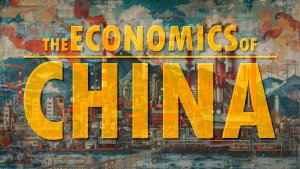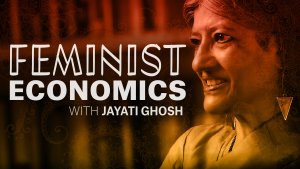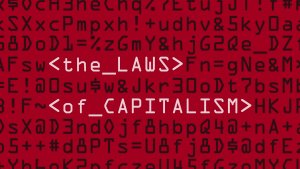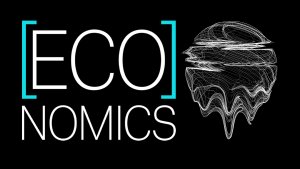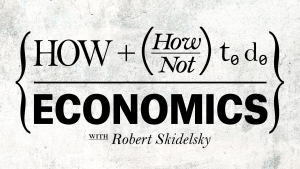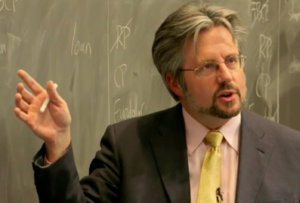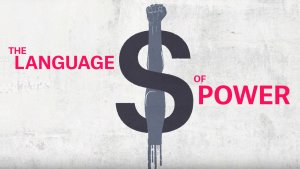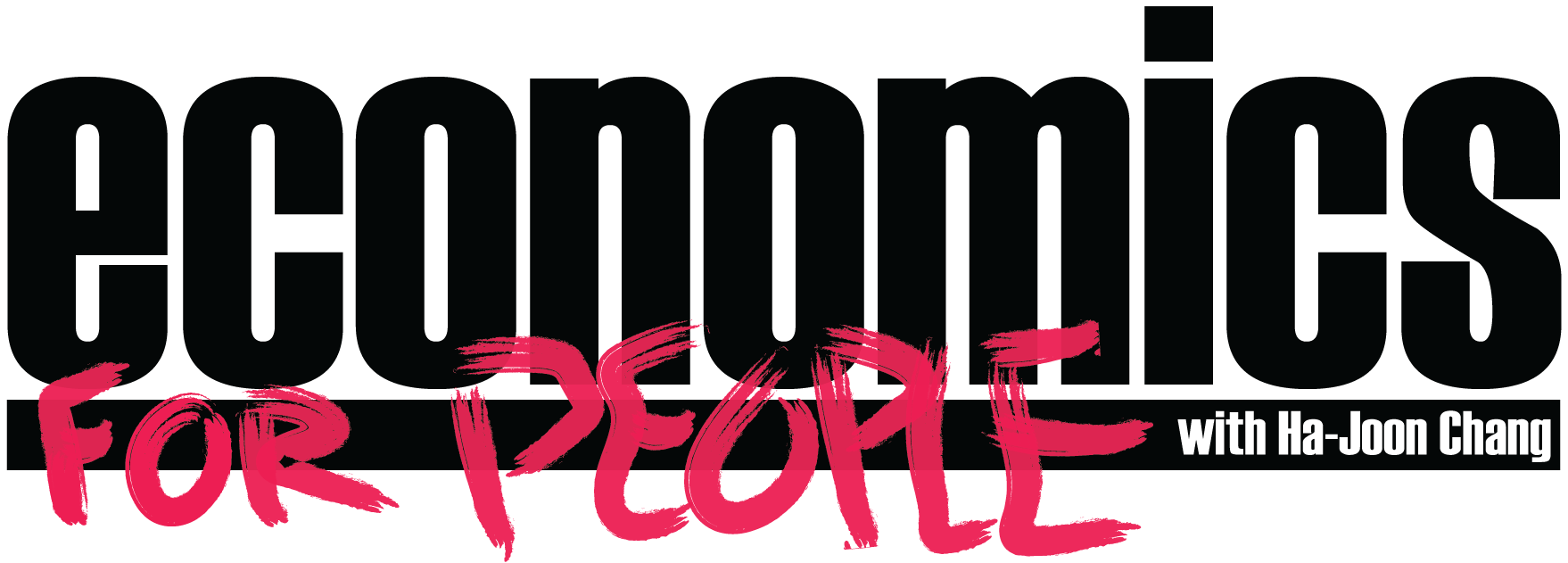
It is extremely important for our democracy to function that ordinary citizens understand the key issues and basic theories of economics.
In the new series “Economics For People” from the Institute for New Economic Thinking (INET), University of Cambridge economist and bestselling author Ha-Joon Chang explains key concepts in economics, empowering anyone to hold their government, society, and economy accountable.
Lecture 1.1: The Nature of Economics
Economists like to claim that they can explain everything. But does that really hold up?
Lecture 1.2: Five Reasons Why Economics Is Political
Is economics a science, or is it politics? The answer’s not so simple.
Lecture 2: What Is Wrong With Globalization?
Across the world we’re seeing governments and popular movements come to power that are opposed to globalization. Why?
Lecture 3: Conceptualizing the Individual
Mainstream economics is rooted in the idea that individual self-interest drives society. Ha-Joon Chang explores other, more complicated theories of the individual in the economy.
Lecture 4: Can Economics Help Us Save the Planet? Part 1
Climate change poses an existential threat to humanity. Can mainstream economics save the planet, or do we need a new paradigm altogether?
Lecture 5: Why Are Some Countries Rich and Others Poor?
Gaps between countries have always existed, but as late as 1700, per capita income in the wealthiest part of the world (Western Europe) was only 2.5x that of the poorest reason at the time (Africa).
Lecture 6: Will Robots Take Your Job?
Automation is as old as capitalism itself. But new technology raises the question of whether robots will replace most—if not all—of our jobs. Ha-Joon Chang examines the history of automation, and whether current fears are well-founded.
Lecture 7: Inequality: What Is It and Why Does It Matter?
The fight for greater equality has been behind some of the most momentous moments in human history. But since the advent of neoliberalism in the 1980’s, there’s been a view by many economists that inequality is inevitable and any interventions against it are unadvisable. Ha-Joon Chang explains what inequality is, how we measure it, and why understanding it matters.
Lecture 8: Production
So much of mainstream economics today is focused on market exchange that it’s easy to neglect production itself. Ha-Joon Chang explains the nature of production and its evolution.
Lecture 9: The Role of the State
Much of economics, even if it is not explicitly about studying government, has implications for policy. Ha-Joon Chang explains the role of the state in economic theory and practice.
Lecture 10: Finance & Financial Crises
The 2008 financial crisis sent a shock across the world economy, slashing growth, raising unemployment, and forcing mass foreclosures on homes. As a result, many governments slashed spending, further plunging people into an economic abyss. Ha-Joon Chang explains finance and financial crises.
Lecture 11: Can Economics Help Us Save the Planet? Part 2
What are the market-based mechanisms we can use to reduce greenhouse gas emissions? Will they work? Ha-Joon Chang looks at ways economics can fight climate change.
Lecture 12: Industrial Policy
Free-market economists like to pretend that economic planning has no role in a successful economy. But many economists now recognize the important role of industrial policy.



